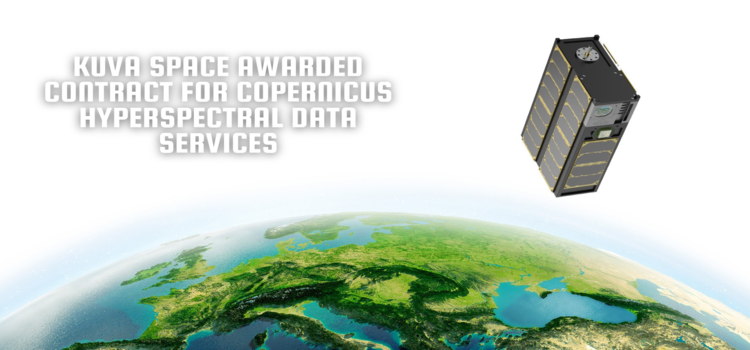Kuva Space, a Finnish company that specializes in Earth observation, has been awarded a five-year contract worth €5m to exclusively provide hyperspectral data services for the European Commission's Copernicus Contributing Missions program.
Through its microsatellites equipped with hyperspectral cameras, Kuva Space aims to support the development of commercial services related to global issues such as food security, carbon capture, and geopolitical security for Copernicus users. By using an AI-driven analytics platform, Kuva Space plans to transform the collected data into actionable insights that enable near real-time monitoring and forecasting of changes.
The hyperspectral cameras can capture data on crop types and health, soil conditions, biomass, biodiversity, and marine chemical pollutants, amongst other things. Early detection of crop health changes can assist farmers in managing pests, assessing stress, and evaluating damage. Kuva Space intends to launch its Hyperfield-1 microsatellite in November 2023, followed by four Gen 2 microsatellites in 2024.
The Hyperfield-1 is a 6U CubeSat weighing 12 kg, with a Ground Sampling Distance (GSD) of 25m, while the Gen 2 microsatellite will be a 12U CubeSat weighing 24kg with a GSD of less than 10m and a propulsion capability. This marks the initial phase of Kuva Space's planned constellation, which it aims to expand to 100 satellites by 2030 to measure the material composition of any target on Earth sub-daily. Copernicus is the Earth Observation component of the European Union's space program, implemented in partnership with various organizations such as the European Space Agency (ESA), EUMETSAT, ECMWF, EU Agencies, and Mercator Océan.
